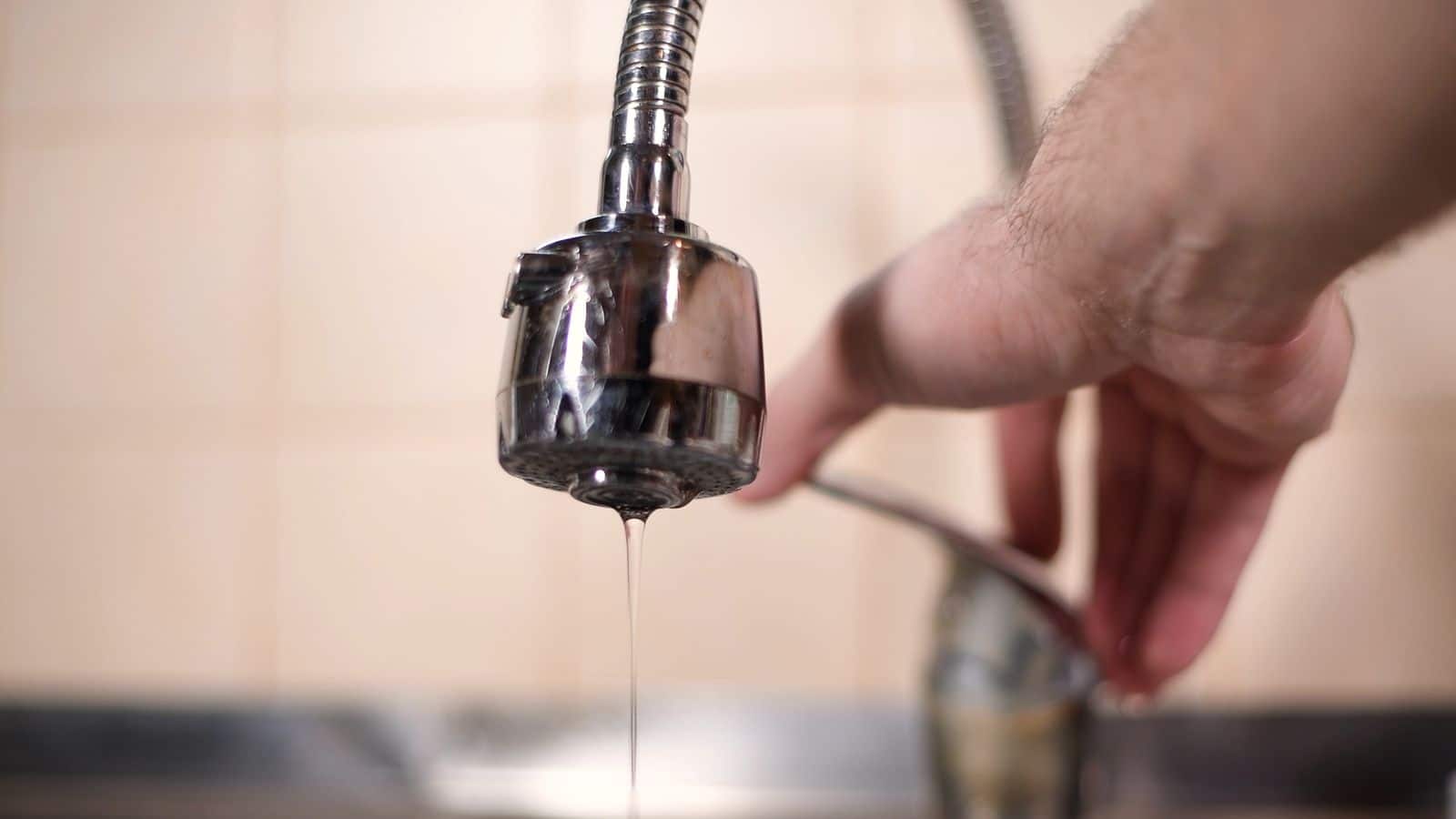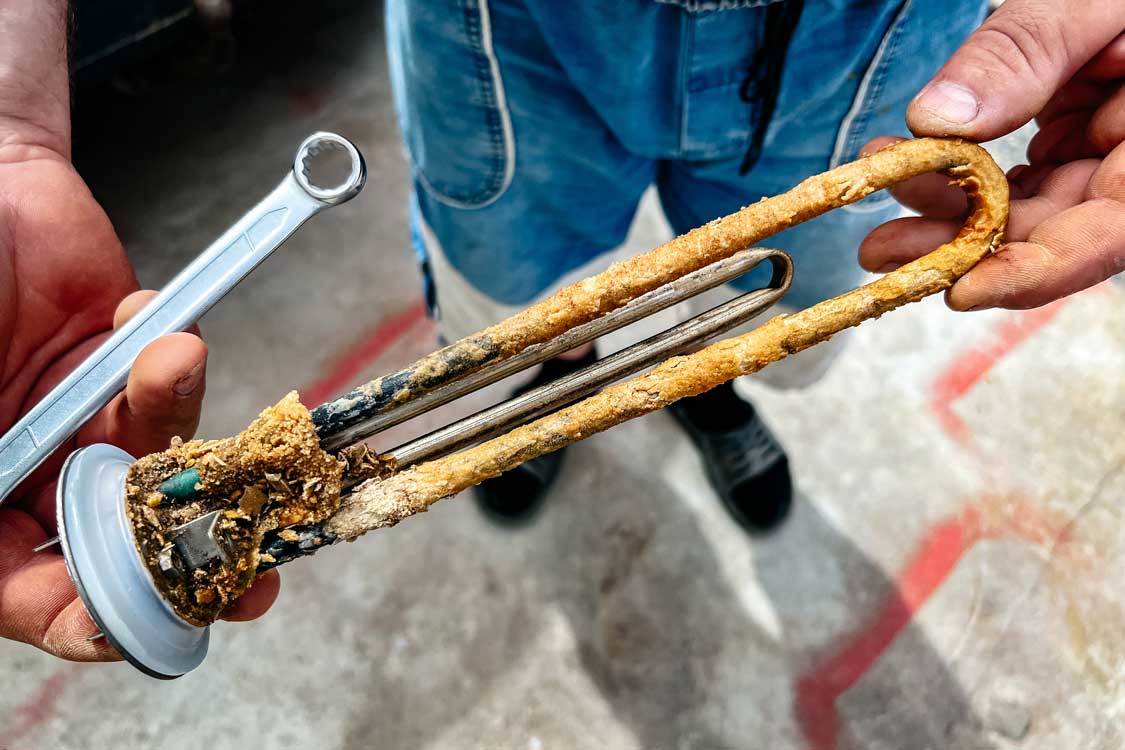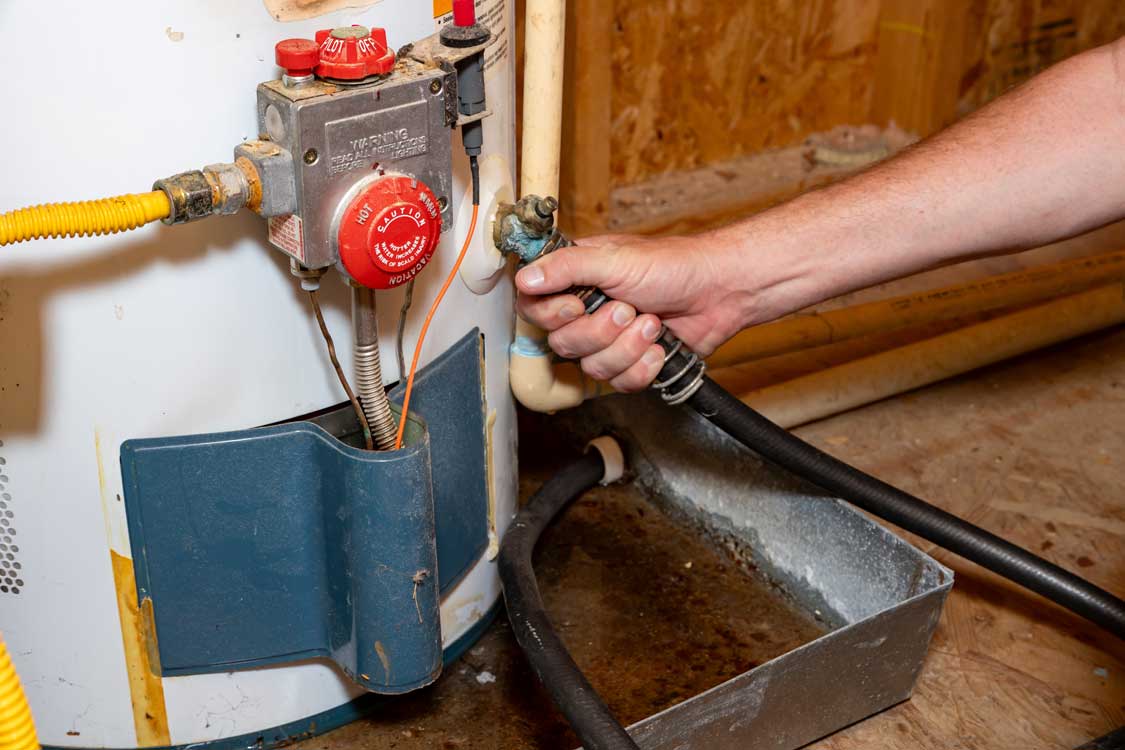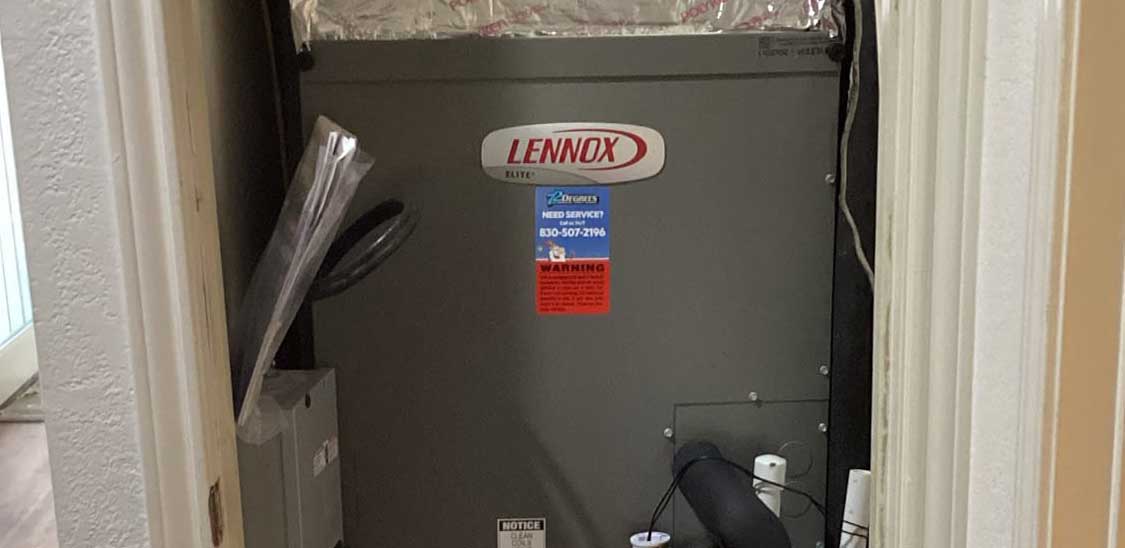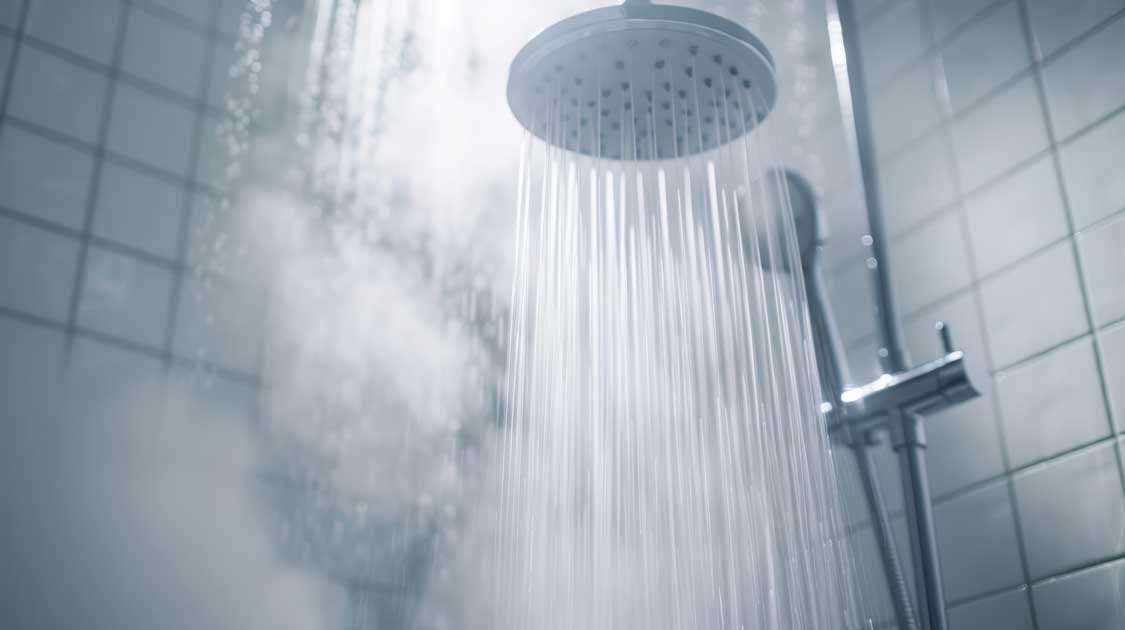Edited: June 23, 2025
When the lights go out in Fredericksburg or Kerrville, it’s more than just an inconvenience—it can be a plumbing problem waiting to happen. Whether you’re a homeowner or manage a short-term rental (STR), power outages can put your water supply, hot showers, and even flushing toilets at risk. That’s why being prepared isn’t just smart—it’s essential.
At 72 Degrees Air Conditioning, Heating & Plumbing, we know how Hill Country outages impact homes and vacation rentals alike. Let’s break down what can go wrong during a power outage—and how a backup generator and expert inspection can save you from stress, damage, and emergency guest calls.
Plumbing Relies on Power More Than You Think
You might not think of plumbing as an electrical issue—but many plumbing systems rely on electricity to work. If your home or STR uses well water, your pump needs power to supply running water. No power = no pump = dry faucets.
Even homes on city water aren’t immune. Municipal systems typically use gravity to move water, but longer outages or extreme demand can interfere. Think of this as a chain reaction: no power to your well or system means no water to the faucet—and that can snowball into bigger issues fast.
From water heaters to sump pumps and toilets, losing power can mean losing function. For STR owners, that’s not just an inconvenience—it can quickly lead to negative reviews and refund requests.
Here’s what can stop working during a power outage:
- Well pumps (no water supply)
- Electric water heaters (no hot water)
- Toilets with electric pumps (no flush)
- Sump pumps (possible flooding)
Will I Still Have Running Water?
Whether your taps still run during an outage depends on your setup.
- City Water: If you’re on Fredericksburg or Kerrville’s municipal water, gravity may still allow water to flow. But pressure could drop if demand is high or the outage is widespread.
- Well Water: Most rural homes and vacation rentals in the Hill Country rely on wells. Without a generator, your pump won’t run, and your faucets will go dry.
For STRs, this isn’t just inconvenient—it’s potentially damaging to your reputation. Guests don’t want to hear excuses; they want a working shower. That’s why many STR owners are adding backup generators to their essential systems.
What Happens to Hot Water?
Let’s talk about water heaters, because nobody likes a cold shower—especially your guests.
Electric water heaters are totally dependent on power. Once the power’s gone, they shut off. Whatever hot water’s left in the tank will cool, and that’s it.
Gas water heaters are a bit more resilient. If yours has a standing pilot light, it can still operate. But if it uses electric ignition? It won’t work without power. And again, if your home or STR uses a well and the pump isn’t working, it doesn’t matter what kind of heater you have—no water means no hot water.
This is one of those details STR owners often overlook—until guests reach out, wondering why nothing’s working.
Faucets, Toilets, and Daily Disruptions
Let’s dig into the daily routines that power outages interrupt.
Faucets: If you’re on city water and pressure holds up, your taps may work. But that’s not guaranteed. If you’re on a well, no electricity means no water flow at all.
Toilets: Most standard toilets are gravity-fed and can flush as long as there’s water in the tank. But if you’ve got a system that depends on an electric pump (common in rural properties and septic setups), you’re out of luck without power.
STR owners: guests don’t want to figure this out mid-stay. A generator makes it seamless—they’ll never know there was an issue.
Septic and Sewer: What Happens When Waste Has Nowhere to Go
Septic systems and ejector pumps also rely on electricity. If you’re in a low-lying area or use a pump to get waste out of your home, a power outage means that system could fail. And if guests continue using the bathroom without knowing, it can back up fast.
Even city sewer lines, though gravity-based, can slow or stall in outages depending on system setup and demand.
This is where having an inspection beforehand really matters. We can identify whether your setup depends on power—and recommend solutions before things go wrong.
Frozen Pipes: The Winter Outage Nightmare
In the winter, no power means no heat—and that means frozen pipes become a real concern. Frozen pipes can burst, causing expensive damage.
To protect your home:
- Let faucets drip slowly during a freeze.
- Insulate pipes in attics, basements, and crawl spaces.
- Drain your water lines if the outage may last overnight or longer.
And yes—a generator can keep your heating system running, keeping both people and pipes safe.
Don’t Forget Your Outdoor Plumbing!
Outdoor hose bibs and faucets are especially vulnerable. Cover them with insulation and wrap exposed pipes. For STRs, make it part of your seasonal checklist. Train your cleaning or maintenance crew to check before a storm hits.
How a Backup Generator Saves the Day
This is where the magic happens. A generator keeps your plumbing powered even when the grid fails.
With the right generator setup, you can:
- Keep your well pump running
- Maintain access to hot water
- Flush toilets that rely on pumps
- Prevent frozen pipes by running your HVAC
At 72 Degrees, we help you choose the right size generator and connect it to your essential systems. We’re also expanding our services to include full backup generator installations in Fredericksburg and Kerrville.
Why STR Owners Should Act Now
Running a short-term rental in the Hill Country is rewarding—but unpredictable weather and unreliable power are part of the game. If your plumbing fails during a guest’s stay, it’s not just an inconvenience. It’s a refund, a bad review, and fewer bookings down the road.
Protect your property and your reputation by getting ahead of outages now. A generator and a plumbing inspection are two simple steps that can save you major headaches later.
Call Us Before the Next Storm Hits
If you live in Fredericksburg, Kerrville, or anywhere across the Hill Country, don’t wait until the lights go out to find out your water won’t work. At 72 Degrees Air Conditioning, Heating & Plumbing, we help homeowners and STR managers stay one step ahead.
Whether you need a generator installed, a plumbing system evaluated, or just advice on how to prepare for the next storm, we’re here to help—24/7.

